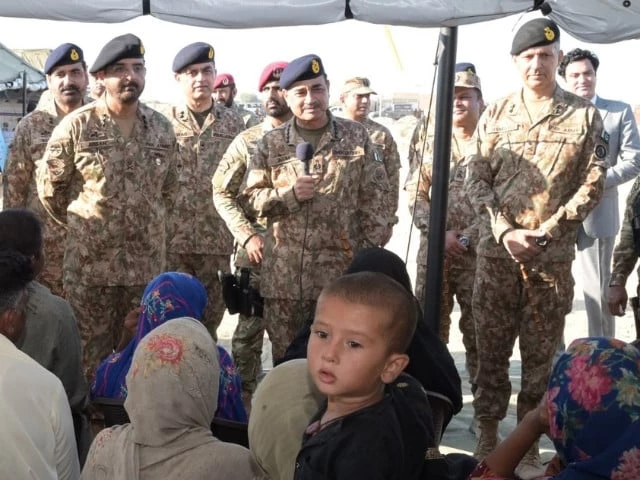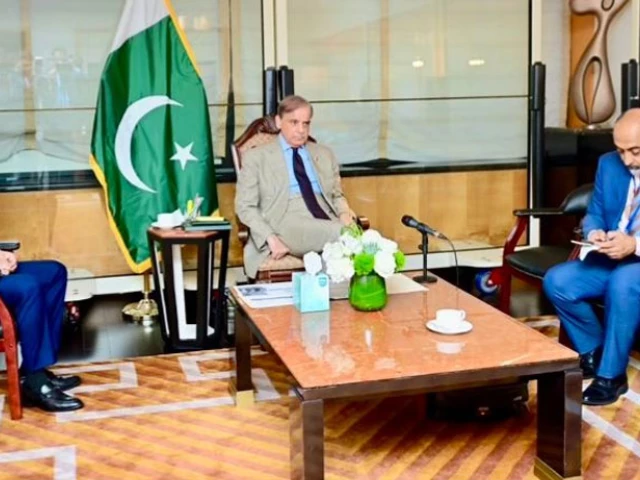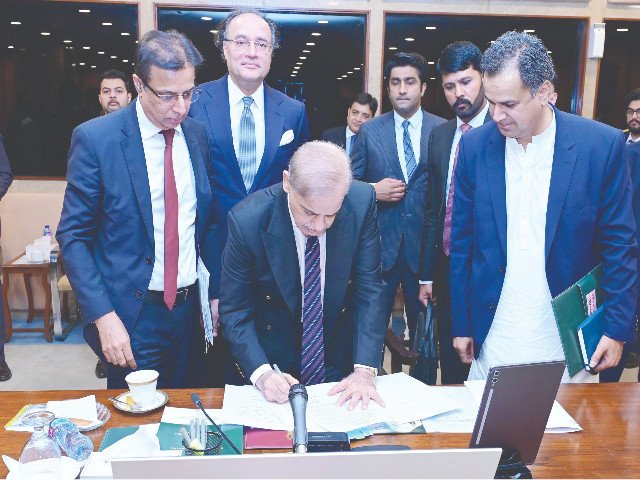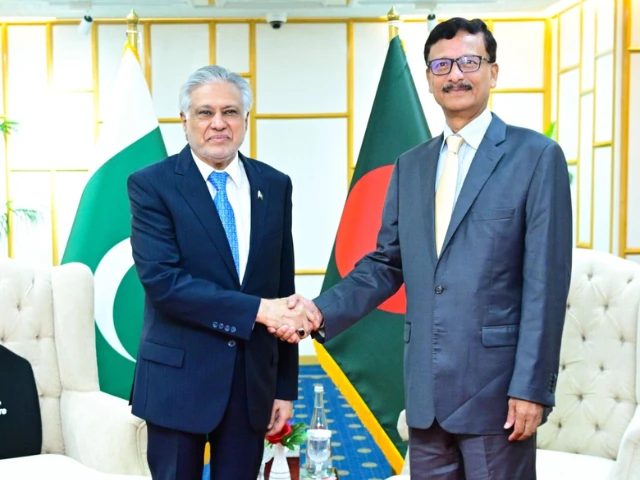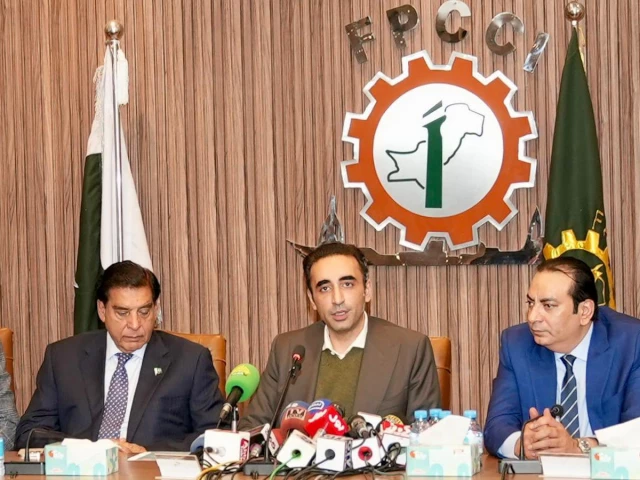Strengthening Civil-Military Coordination in Flood Relief Efforts
In recent times, flood challenges have posed significant threats to many communities, especially in regions like Punjab. The Chief of Army Staff (COAS) Field Marshal Asim Munir recently highlighted the need for effective governance and enhanced civil-military collaboration to tackle these pressing issues. During his visit to the flood-stricken areas of the Kasur Sector and the Flood Relief Camp in Jalalpur Pirwala, Multan, he took a firsthand look at the ongoing rescue operations aimed at supporting affected families.
The army chief’s visit was more than just a routine assessment; it was a call for action. Acknowledging the importance of good governance, he stressed that effective civil-military synergy is critical in providing timely and essential assistance to those in need. This sentiment resonates deeply, as many individuals affected by the floods are relying heavily on swift and coordinated efforts to restore their lives.
As COAS Munir engaged with local officials, he received impactful briefings on the situation. His discussions with civil administration highlighted the urgent need for infrastructure improvements to prevent annual flood-related losses. "The state cannot afford the loss of precious lives and property every year," he emphasized, shedding light on the gravity of the situation.
Emphasizing Community-Centric Approaches
During his interactions with evacuees, the army chief reassured them of the army’s steadfast commitment to resettlement and rehabilitation initiatives. The gratitude expressed by displaced residents showcases the positive impact of timely assistance in crisis situations. These personal connections can make all the difference when communities are facing uncertain futures.
Furthermore, COAS Munir commended the dedicated efforts of troops and first responders engaged in relief operations. Their round-the-clock commitment to ensuring that help reaches those affected underscores the importance of teamwork and resilience in crisis management.
A Future-Focused Perspective
Looking forward, the army chief also conducted an aerial reconnaissance of severely impacted areas, thereby adopting a proactive approach to assess damage and supervise relief activities. This kind of leadership is crucial in navigating not only the immediate aftermath of natural disasters but also in planning for better resilience in the future.
As Pakistan faces unpredictable weather patterns and natural calamities, it becomes increasingly evident that cooperation between military and civil entities is paramount. By fostering collaboration, the nation can ensure that when disasters strike, the response is swift and effective.
In light of these insights, it’s worth reflecting on how strong governance and community engagement can pave the way for a more resilient society. By valuing initiatives that prioritize public welfare, we can all contribute to meaningful change.
If you’re interested in staying updated on topics like these and exploring opportunities for community support, feel free to connect with Pro21st. Together, we can strive for resilience and recovery in the face of adversity.
At Pro21st, we believe in sharing updates that matter.
Stay connected for more real conversations, fresh insights, and 21st-century perspectives.

